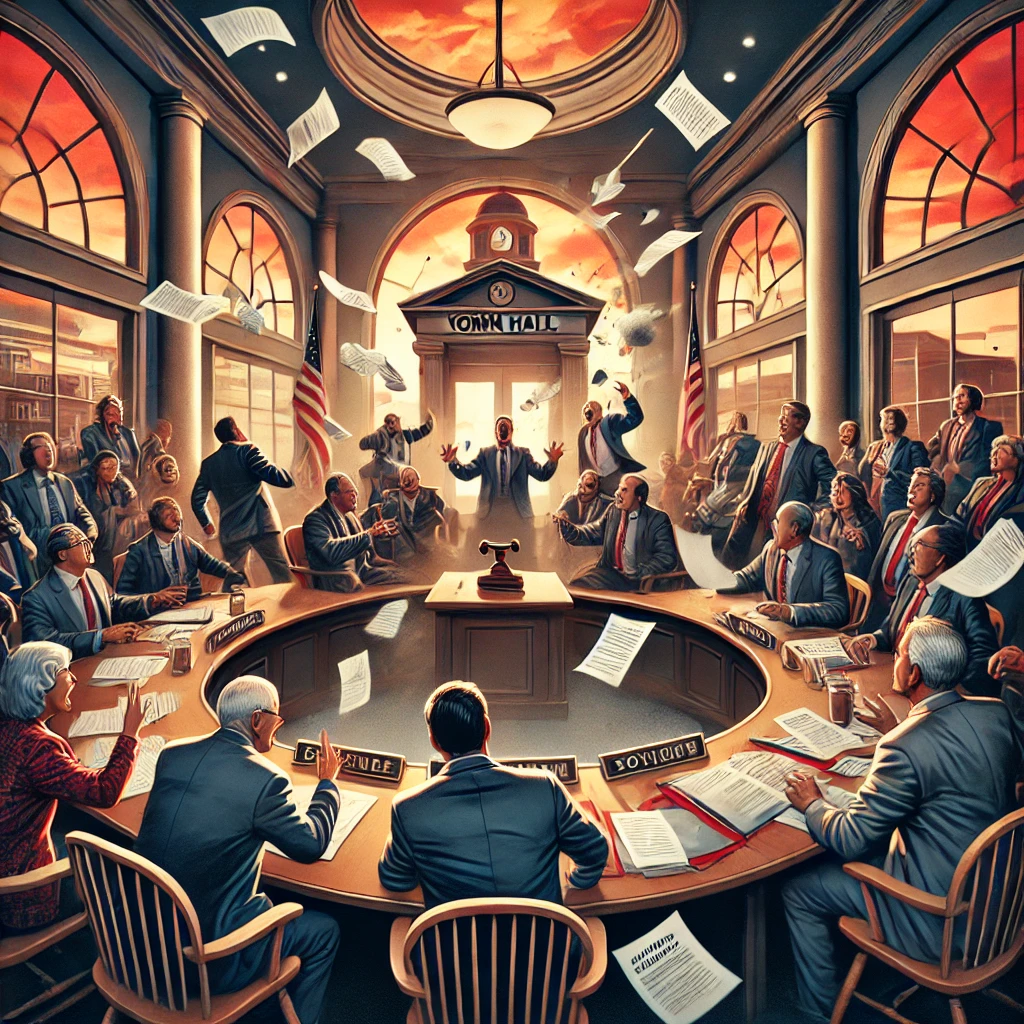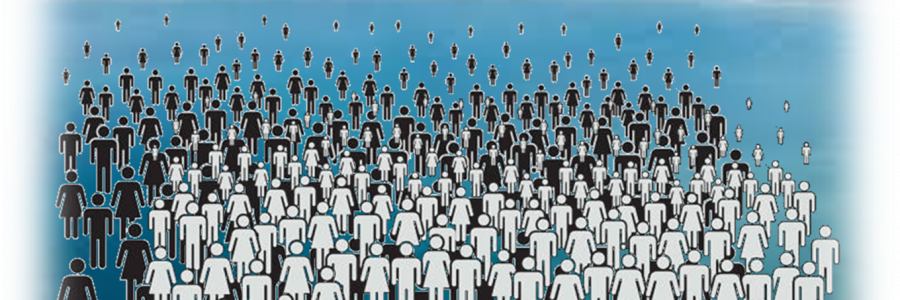What makes them tick? You’ve probably wondered about what’s wrong with folks and you’re told the world is populated with evil. Then, you can choose up sides and go fight. The problem becomes: “Then why are there evenly matched hoards duking it out on the battlefield?” This makes no sense.
When you declare something to be evil you are saying two things: you are condemning an action and calling for redress. Essentially, you want an adjustment of reward in the form of a punishment to be forcibly applied to the perpetrator. We call this zeal a “sense of justice” Most of us have it and long to see it fulfilled.
Therefore, you had better have a solid, practical definition of what constitutes good and evil in the first place. In that world, saints are praised and given gifts while scoundrels deserve far less of the spoils. In a civilized world where comforts and protection abound, the way we administer and apportion reward is by offering the size of your house, the numbers in your bank account, the quality of the food you eat, the scenery you see outside your window, and the fun you can have on your speedboat (or “no boat for you!”)
If this process were fair you wouldn’t immediately hate the billionaire on the yacht or the guy speeding past you in the Ferrari. At VotePluPlus we think this process of adjustment based on merit must be fair and you should demand it. Living in a world of corruption is misery.
Since we used civilized means to reward merit, then why not define good and evil to be logically related? In fact, we can do that in a way that does not judge and condemn others. Let’s start by agreeing that each and every person here has infinite, incalculable value. You therefore can’t buy them, you can’t own them, you can’t mistreat them – at least not fairly. You have to consider everyone’s inherent dignity and care for them when they can’t go it alone. Clearly, that’s a historically moral principle so we’ll start there.
That means that good and evil don’t reside inside a person and you can’t even tell anything about the part of them that looks out at you and reacts to the world. By definition, that essence is completely private and you’ll never truly know them as well as you know your own perspective. That’s called being an individual and that’s what makes all of us interesting.
What is “good” then is “anything that is thought to help the cause of our community, at a personal scale within our families and at a global scale within our countries”. Evil is just the stuff that goes down that clearly wrecks things, usually perpetrated by people who have unfairly acquired the means to do so. All of the basic local and national laws we naturally agree with within our culture probably already exactly fit this definition.
Now, let’s be even more precise about who’s here on the planet. Let’s form an estimate and feel free to form your own. On the spectrum between saints and scoundrels there are many sectors in between. Here’s one way to divide it up: 10-20% of the population are incorrigible and irredeemable, to a mild or extreme degree. In principle, we have a sufficiently comfortable cage for them so the rest of us can get on with things without fear of their behavior. It is not easy to administer justice through law enforcement but that is a traditional and essential social service. The next 20-40% are those who claim to be able to offer a service or contribution to the group but try to get out of keeping their agreements, chronically – bureaucrats, employees who show up late, workers who skip town after leaving a substandard project behind, dishonest salesmen, former chairmen of the NASDAQ who run fraudulent investment firms. Sure, you can simply get caught up in something and get in over your head, but you’ll be seen by others in a negative light when the truth comes out. The next 20-40% have figured out what they want to do in life and strive to make that great – effective medical personnel, traditional healers, inventive technologists, punctual employees, accomplished scientists, writers, and artists. We celebrate them, and rightly so. However, as wonderful as it is to find yourself in this category you probably have limitations. You probably know how to run your own business but not necessarily other businesses or the business of the world. I say we should leave you alone and let you get on with what you do best, and hope you receive great reward for your most effective contributions. Finally, there remains the 10-20% of us who know we were born with a mission. Somehow, we got instructions somewhere along the line about what to do here. It might have been a garbled message, but we know we heard something. We are content to take the lowliest job possible: working for the people at large and having 300 million bosses shouting at us to do better, provide more, and get it right each and every time. We are the leaders. We have a calling. We deserve to be elected, appointed, and supported within a system that holds us accountable to our oath of office. We can expect private jets, a security detail, fancy meals, and a worldwide audience ready to react to our every “tweet”. If you ask me, that’s a weird life.
That final category deserves to be in office and wield power. If power and force are decided upon by anybody else outside that category then the rest of us are in deep trouble. Check this view against what you see in the world today. It’s a pretty clear lens.










